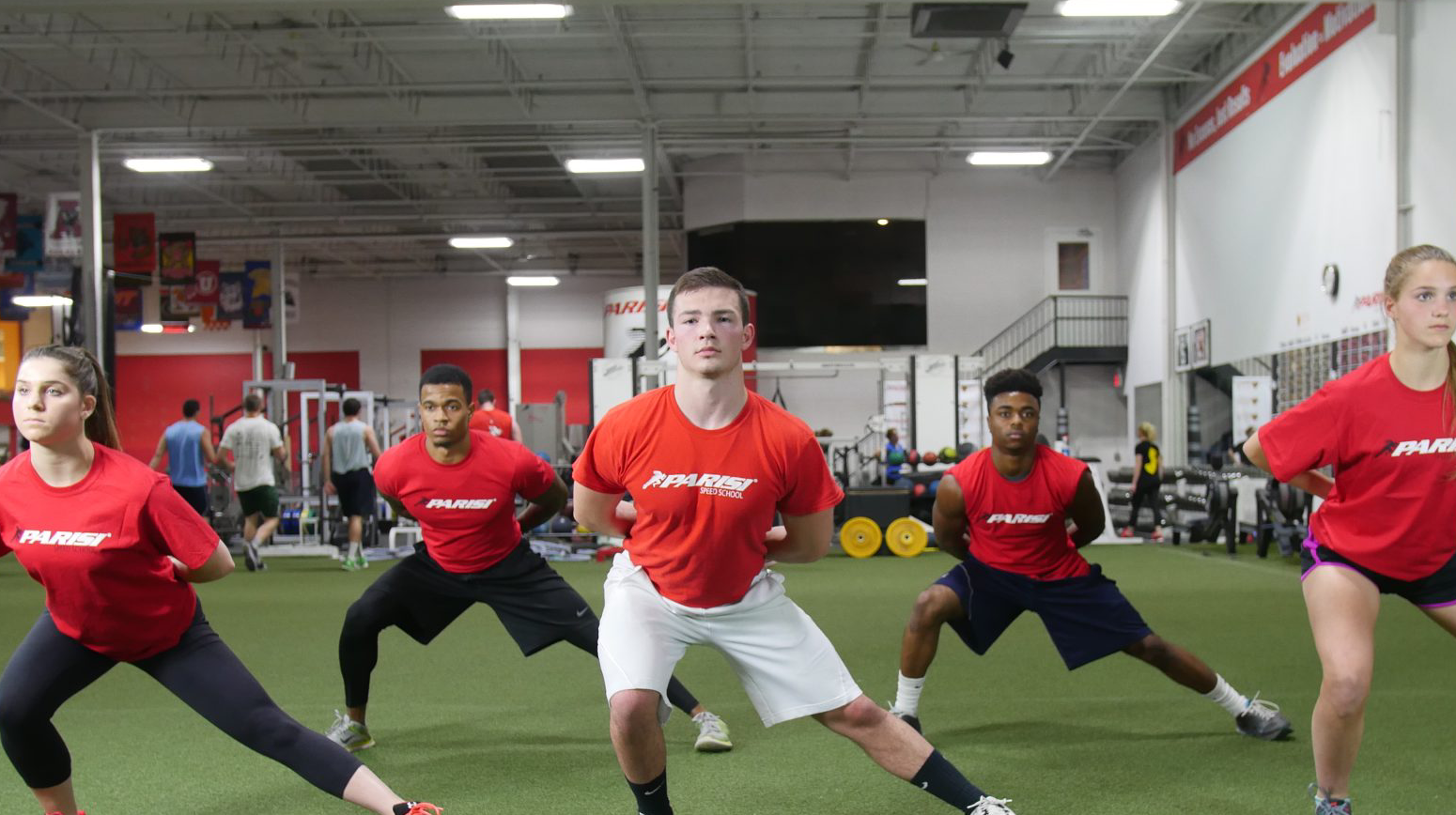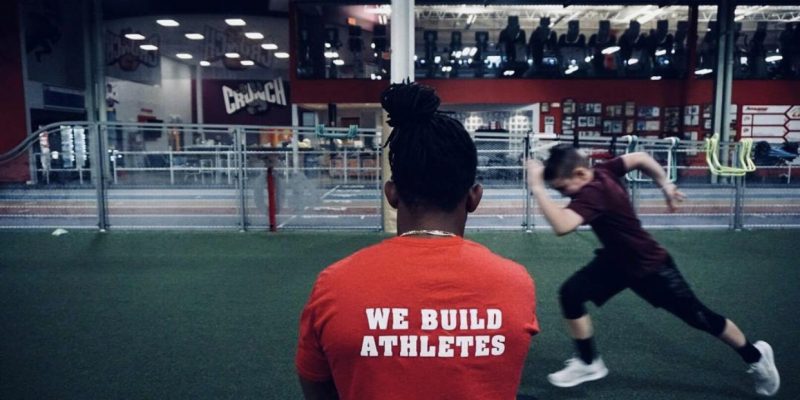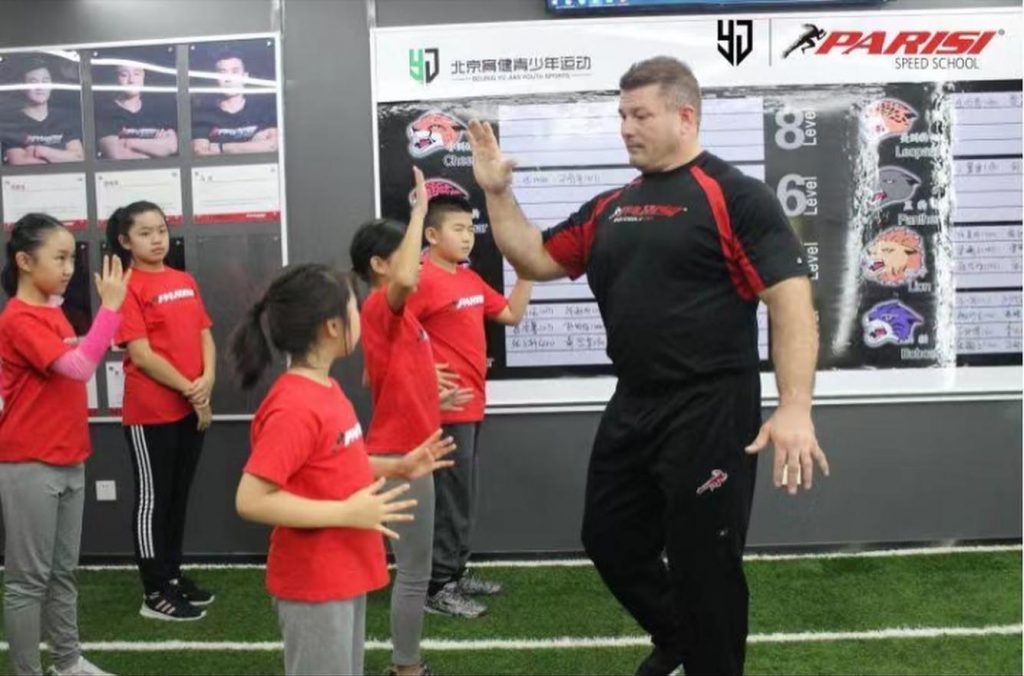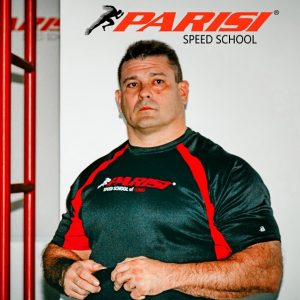Parisi Nation…
We have a much bigger responsibility to our kids than injury prevention and increased performance. We must prepare them to face the world as functional members of our society.
To teach, edify, and inspire is the true calling of a coach!
I was recently asked by a fellow Parisi Speed School Coach , “What is the hardest thing about being a coach?”
The question had so many possible answers. I needed time to ponder the best answer.
As coaches, we must foster a learning environment and instill discipline, but do it in a way that does not dampen the athlete’s disposition.
When I was an athlete, I felt my coach’s discipline was excessive and borderline abusive. In hindsight, I see why my coaches leveraged discipline to further build my character.
Now as a coach myself, I prefer to explain to my athletes WHY we do what we do and what the consequences will be if we do not follow the rules. Here are a few things I do to help my athletes follow my path:
Set boundaries.
As a sports performance coach for more than two decades, and now as a Parisi Master Coach, one of the first things I tell my athletes and our young coaches about discipline is to set your boundaries for the desired outcome. For us, that starts with respect.
If you want to be respected, you must first give respect. I know I have said this before, but repetition is the father of mastery. Our acceptable responses are:
- Yes ma’am
- No ma’am
- Yes sir
- No sir
- Please
- May I
- Thank you
If an athlete does not respond appropriately then we gently correct them and explain why we speak this way.
Tell them what the ramifications are if they step over our boundaries.
Our athletes must know the ramifications of not following the rules we set. We discuss our expectations with our athletes and their parents before they ever pay for our services. The boundaries we set are for the safety of our athletes and their classmates.
Most of us hate the thought of doing burpees and our athletes do as well. I explain to the kids that I would prefer they never have to do a burpee, but that if they made the choice to not follow a rule, I will make them do them. Compliance has never really been an issue once we explain this.
Be consistent.
Consistency is the key to teaching anything. Discipline must be leveled consistently for every athlete.
In my program, the coach will give a “shot over the bow” (a warning). If the athlete makes the choice of not following the rule a second time, we assign burpees. We can respect their choice and in turn they will pay the price. They must learn to live with the implications of their choices. If there is a third time, we speak with Mom and Dad. If Mom and Dad get involved, the athlete is in trouble. The kids know this and fall in line quickly when I ask them to work it out amongst the group.
Take the time to teach life lessons.
Discipline, according to the dictionary, is “the practice of training people to obey the rules or a code of behavior.” The root word is Latin, and it simply means “to learn.”
As coaches, we much teach our athletes how to act and that always starts with telling them WHY.
When we administer discipline, it must be to teach a life lesson and not as punishment, otherwise your athletes will not learn, but rather just resent your authority. I have always said I would rather teach you out of love than let the world teach you, because the world is a cold hard place. I simply then ask the athlete a few questions like:
- What could you have done differently?
- What did you learn from this?
- How do you think that made your teammates feel?
- If you were me how would you deal with this?
This simple but effective practice has served me well as a coach for the last twenty years.
About the Author
 Chad Coy
Chad Coy
Master Performance Coach
Chad Coy has been a part of the Parisi Speed School family since signing as the 13th Franchise in 2006. A graduate of Purdue University in 1991, Chad studied Exercise Science and Nutrition. Chad still has a strong commitment to as an athlete, and has competed as a professional strongman since 1998. He has won Masters’ America’s Strongest Man “3” times and placed second at Masters’ Worlds two times after 10 years as an open Pro ,where he averaged a top 10 placing. A Powerlifter from 1994 -1998, he has also won 2 National Powerlifting Championships, 1 World Championship, and held 4 American Records and 3 World Records. Chad joined the Master Trainer program in the winter of 2014 and takes great pride in helping educate the future coaches of the franchise.



 Chad Coy
Chad Coy Your Season is Cancelled. Now What?
Your Season is Cancelled. Now What?